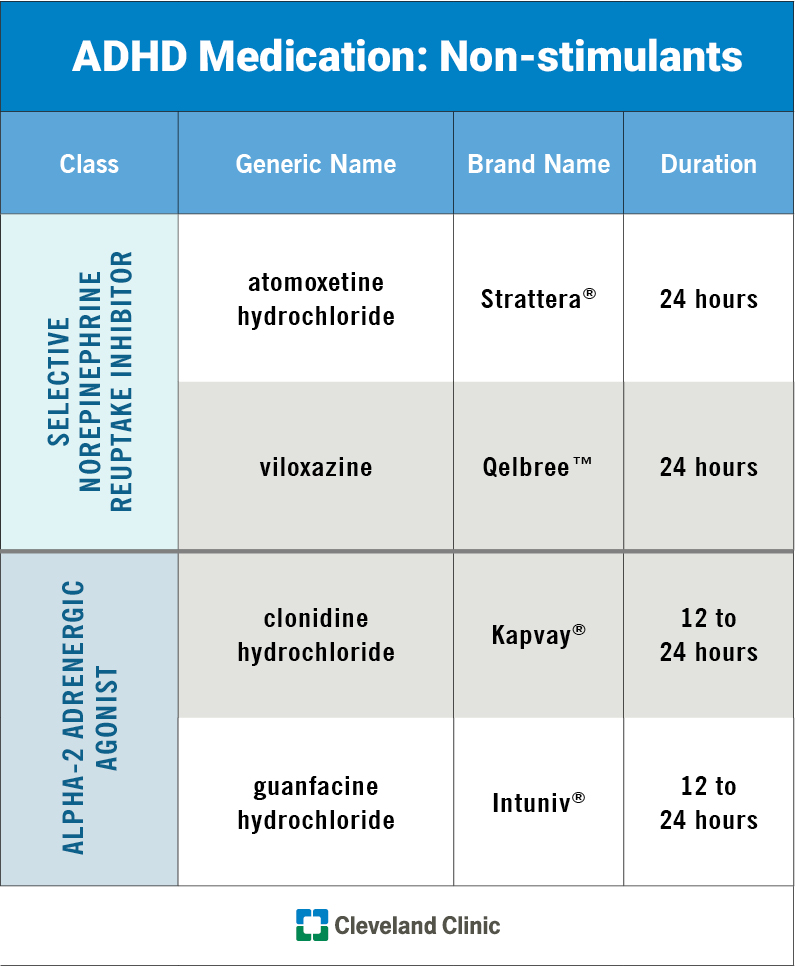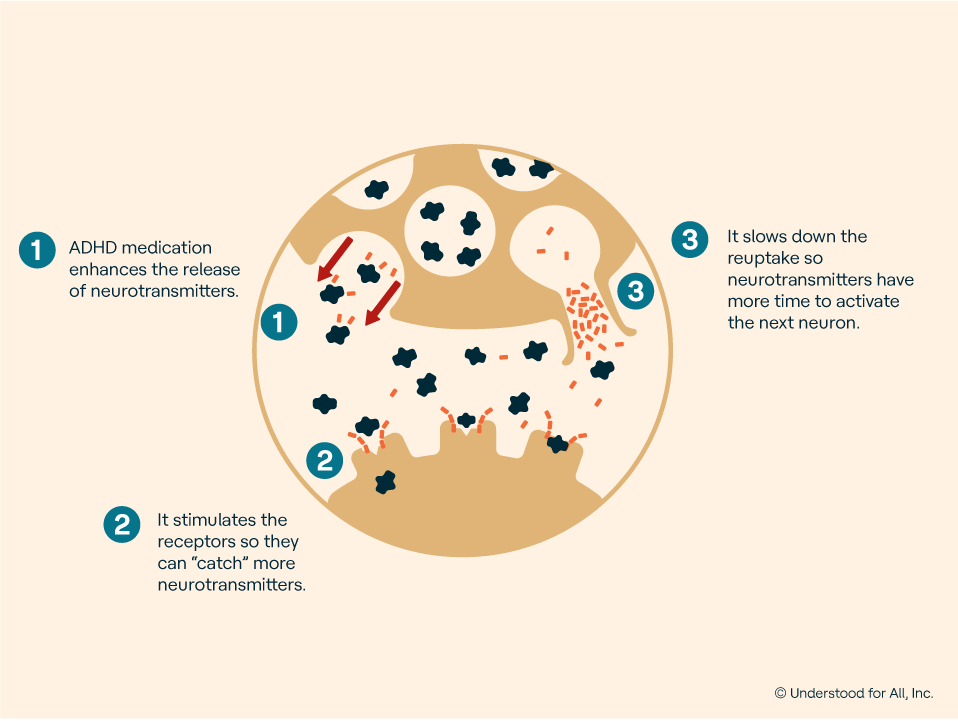Exploring Effective ADHD Treatment Alternatives for All Ages
The complexities of Interest Shortage Hyperactivity Condition (ADHD) existing one-of-a-kind obstacles throughout different age groups, necessitating a comprehensive exploration of effective therapy choices. A mix of behavioral therapies, pharmacological treatments, and lifestyle modifications has revealed assurance in addressing the diverse needs of individuals with ADHD.
Understanding ADHD and Its Influence
Attention-Deficit/Hyperactivity Condition (ADHD) is a neurodevelopmental problem identified by relentless patterns of inattention, attention deficit disorder, and impulsivity that can dramatically affect various aspects of an individual's life. It generally manifests in childhood years, although signs and symptoms can continue into the adult years. The core symptoms of ADHD can disrupt instructional performance, hinder social communications, and make complex work-related ventures.
Individuals with ADHD usually deal with maintaining concentrate on tasks, arranging activities, and following up on directions, which can bring about academic underachievement (Depression Treatment). In social contexts, impulsivity might result in problems in forming and maintaining partnerships, as individuals may interrupt discussions or make rash choices without thinking about repercussions
The irregularity in symptom discussion means that ADHD can affect individuals differently, necessitating a tailored technique to administration. Comprehensive awareness of ADHD's nature and implications lays the foundation for checking out appropriate treatment options tailored to each person's demands.
Behavioral Therapies for ADHD
Many behavior modifications have been developed to efficiently address the obstacles connected with ADHD, concentrating on changing specific behaviors and promoting necessary abilities. Among one of the most identified strategies are cognitive-behavioral treatment (CBT), parent training, and social abilities training.
CBT assists individuals recognize and transform unfavorable thought patterns and behaviors, advertising a much more positive overview and improved self-regulation. This treatment frequently consists of sensible strategies for taking care of impulsivity and improving organization. Parent training programs encourage caretakers by equipping them with strategies to reinforce favorable habits and set regular boundaries, which can be specifically helpful for children with ADHD.
Social skills training is an additional important part, teaching people with ADHD just how to communicate properly with peers - Depression Treatment. This technique often includes role-playing and comments to enhance communication, participation, and conflict resolution abilities
Including these behavior modifications right into a thorough therapy plan can dramatically improve working and high quality of life for people with ADHD. Ultimately, the performance of these therapies depends upon customized approaches that think about the one-of-a-kind needs of everyone, thus promoting resilience and versatility in day-to-day live.
Drug Options Available
For many individuals with ADHD, medication can play a substantial duty in handling signs and symptoms and boosting general performance. The 2 main categories of medications prescribed for ADHD are stimulants and non-stimulants.
Stimulants, such as methylphenidate and amphetamine-based medications, are the most commonly used treatments. These drugs work by boosting the degrees of neurotransmitters, especially dopamine and norepinephrine, in the brain, which helps boost attention and reduce impulsivity and hyperactivity. They usually generate fast results, making them a favored choice for numerous clients.

It is important for health care carriers to conduct a detailed analysis to determine the most suitable medication based on specific demands, case history, and potential side effects. Routine follow-up and surveillance are also essential to make sure the efficiency of the selected treatment and to make any type of required changes.
Way Of Life Changes to Think About
Managing ADHD properly extends beyond medication, as way of life modifications can significantly enhance total health and signs and symptom control. Including organized regimens is critical; consistent timetables aid individuals click reference with ADHD handle their time effectively and reduce feelings of overwhelm.
Regular physical activity is an additional vital component. Exercise not only helps to improve concentration however additionally boosts state of mind and minimizes anxiety levels. Tasks such as yoga exercise or group sports can be specifically valuable, advertising both physical conditioning and social communication.
Nutrition also plays a pivotal duty. Depression Treatment. A well balanced diet plan abundant in child counseling omega-3 fatty acids, entire grains, and lean healthy proteins can contribute to boosted emphasis and cognitive feature. Limiting sugar and refined foods is recommended, as these can aggravate attention deficit disorder and impulsivity
Rest hygiene is vital for managing ADHD signs. Establishing a normal sleep timetable and producing a relaxed atmosphere can enhance rest top quality, leading to better interest and psychological regulation.
Alternate and All Natural Approaches
Alternate and holistic techniques to ADHD treatment supply a varied range of look at these guys choices that complement conventional techniques. These methods usually focus on lifestyle modifications, nutritional interventions, and restorative methods that intend to boost total well-being while dealing with ADHD signs.

Mindfulness and behavior treatments are additionally gaining traction as all natural treatments. Practices such as yoga exercise, meditation, and cognitive-behavioral treatment can grow self-regulation and enhance focus. These approaches support psychological strength, which is specifically valuable for individuals with ADHD.
Natural supplements, such as ginkgo biloba and ginseng, are in some cases explored; nevertheless, it is important to speak with health care specialists prior to incorporating these into treatment plans. While alternative and all natural techniques can give important support, they ought to ideally be utilized combined with evidence-based treatments to accomplish optimal results for managing ADHD across any ages.
Final Thought
In recap, reliable ADHD treatment necessitates a detailed approach that includes behavior therapies, medicine, lifestyle adjustments, and holistic techniques. This complex technique highlights the significance of customized care in attending to the diverse requirements of individuals with ADHD throughout all age groups.